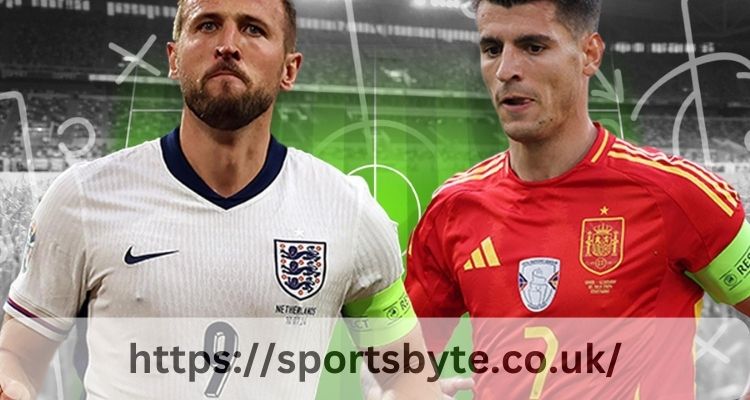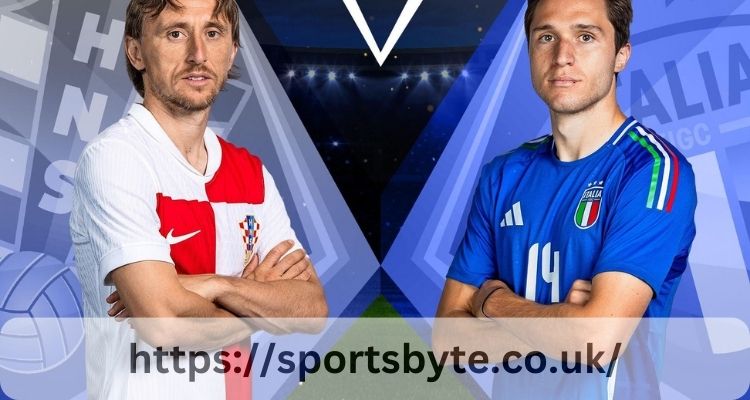UEFA, commonly known as European Football Associations, is an organization responsible for overseeing European football (soccer). They run competitions between national teams and clubs as well as regulating game rules.
This voluntary agreement illustrates UEFA’s recognition of the need to balance stakeholder support for its Financial Fair Play Regulations with their aim of improving financial stability in European football. In this article, we will discuss about top 5 matches of union of european football associations.
1. UEFA Cup Final
The UEFA Cup Final marks the culmination of Europe’s second biggest club competition. Originally, this final was held between winners from each national cup competition; but since 1999 it has also included teams eliminated in qualifying rounds 3 or 4 of UEFA Champions League being admitted as competitors for participation.
UEFA Cup is one of the few major club competitions where winning teams are guaranteed a place in next season’s UEFA Champions League group stage, making it an extremely competitive clubs competition on Europe. Yet its winner often goes unrecognized when considering some of its most memorable moments in European football history.
Over the years, however, this competition has produced some epic finals, including the legendary 2001 meeting between Liverpool and Porto at Old Trafford that gave us our first glimpses of Jose Mourinho as a young manager on the rise. That match featured nine goals scored along with two red cards issued for fouling against each side, a penalty awarded against Porto as well as an own goal and golden goal making it perhaps one of the most thrilling of all time.
Bayer Leverkusen will take on Atalanta at the Ramon Sanchez Pizjuan Stadium in Dublin in 2023 UEFA Europa League Final, while no team has more trophies than Sevilla who took out last season and are already set up for Champions League group stage qualification. The winner of this year’s competition will win EUR30 Million while runners-up receive EUR5 Million; for all of this season’s Europa League action please visit our dedicated page here!
2. UEFA Super Cup
The UEFA Super Cup is an annual football match held each year between the winners of UEFA’s two main European club competitions – first contested in 1972 and now annually since 1995; previously known as European Super Cup or UEFA Champions League Supercup; it was officially rebranded to “UEFA Super Cup” upon its rebranding in 1995.
As with most UEFA competitions, the Super Cup does not consist of two legs but rather is held as one match at a neutral venue. After 90 minutes has elapsed if no score has been settled then penalties will be decided upon; prior to 2023 an extra 15-minute period would also be included should scores still remain tied after regulation 90 minutes have ended.
Alongside their title of champions, each winning team receives a full-size replica of the original trophy as an additional mark of its accomplishments. Prior to 2008, teams who had won three or five times consecutively or altogether would also receive this official copy as a memento; however, after Barcelona and AC Milan’s success this policy was changed.
Though the UEFA Super Cup has experienced ups and downs throughout its history, it still serves an integral part of European club season kickoff. Many consider it as the single most significant club match on European clubs’ schedule; without it the UEFA calendar would look very different indeed.
Real Madrid, Barcelona and AC Milan have each claimed five UEFA Super Cup trophies since its introduction. Manchester City currently hold the trophy after defeating Sevilla 3-2 via penalties in 2023 match.
3. UEFA Champions League
The UEFA Champions League is the top competition in European club football and showcases some of its most esteemed clubs. Established in 1955 as the European Champion Clubs’ Cup, today it is known simply as Champions League (UCL) with revenues surpassing three billion euros each year and broadcast across the globe as one of sports biggest events.
This tournament boasts an innovative format with two qualifier streams; domestic champions compete directly, while another new qualification stream gives single teams the chance to qualify through six-round qualifying tournaments (champions from associations with higher coefficients will receive byes into later rounds).
Additionally to the usual UEFA competition rules, special regulations govern this competition. Teams must fulfill certain stadium, infrastructure and financial criteria in order to compete, while adhering to an extensive code of conduct.
UEFA utilizes LED advertising hoardings in participating stadiums during the knockout stages to promote sponsors. These hoardings can be found behind each goal on the pitch and, much like traditional stadium boards, can be shown on television broadcast feeds.
At various points in its history, thirteen nations have entered teams into the final of the Champions League; only four teams from these thirteen have emerged victorious: England (12 wins), Spain (10), Germany (9), and Italy (8). It has since become Europe’s most watched and lucrative competition; its champions earning on average over four million euros during its first three seasons alone.
4. UEFA Europa League
The UEFA Europa League is an annual club competition held across Europe for teams not eligible to enter the UEFA Champions League. First staged in 1971 and running every year since, 2009 saw its name change from the UEFA Cup to the UEFA Europa League to increase awareness. Eligible clubs include those that finish second or third in domestic league competitions or certain cup competitions within their home nations; it may also include winners of specific domestic cup events.
It consists of two phases, a group stage and knockout phase. The top team in each group automatically advances to the round of 16. However, runners-up may participate in a playoff against teams who dropped down from Champions League, with winners qualifying for next season’s UEFA Super Cup tournament.
Atalanta was victorious in the 2024 Europa League Final after defeating Bayer Leverkusen 3-0 in an impressive display of footballing excellence in Rome. Their success also earned them qualification for UEFA Cup Winners’ Cup competition.
In the group stages, 32 qualified teams are divided into eight groups of four teams each and the winners of these groups automatically advance to the knockout phase; runners-up advance to an eliminatory playoff with those teams that drop down from Champions League.
In the group stage, teams play each other once at home and once away on Thursdays; matches typically conclude ten days before the Champions League final is scheduled to take place. Since its rebranding in 2009, this competition has maintained many similarities to its former format – however now featuring double round-robin group stages as well as an additional qualifying round – although its introduction was met with mixed responses from football enthusiasts, including criticism that its changes diminish the value of Champions League membership for big clubs.
5. UEFA Cup Winners’ Cup
Introduced during the 1960-61 season, the Cup Winners’ Cup (known as CWC until 1994) was a competition open only to European domestic club cup winners. While initially not organized by UEFA, its initial season saw Italian side Fiorentina triumph over Scottish team Rangers in a two-legged final and quickly grow in popularity and prestige.
Bertoni workshop of Milan designed and crafted the inaugural European Club Championship trophy; now permanently housed by UEFA. Featuring a silver cup on yellow marble plinth, its top depicts several players grappling for control of a ball – an important symbolism that remains relevant today.
However, unlike modern European tournaments where all teams compete equally on an equal footing, entry to the Cup Winners’ Cup was restricted to one club from each UEFA member association – with exceptions being made when previous titleholders participated – so as to give them an opportunity at defending their crown – even though no club managed this feat! and also allow a new side from that country an opportunity to enter instead.
Over several decades, this competition grew both in terms of size and prestige; however, its success never reached that of its counterpart competition; eventually being folded into the revamped UEFA Europa League after 1992. Real Madrid made history when they won two CWC championships – becoming the first team ever to do so twice! As clubs became less interested in participating, so too did interest for this competition, which eventually was discontinued in 1998/99.
Also Read:



